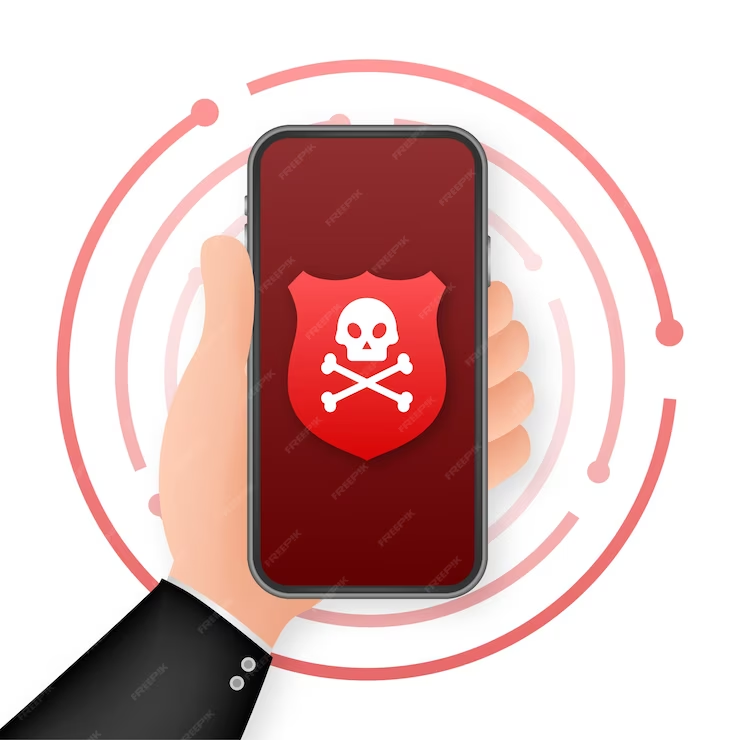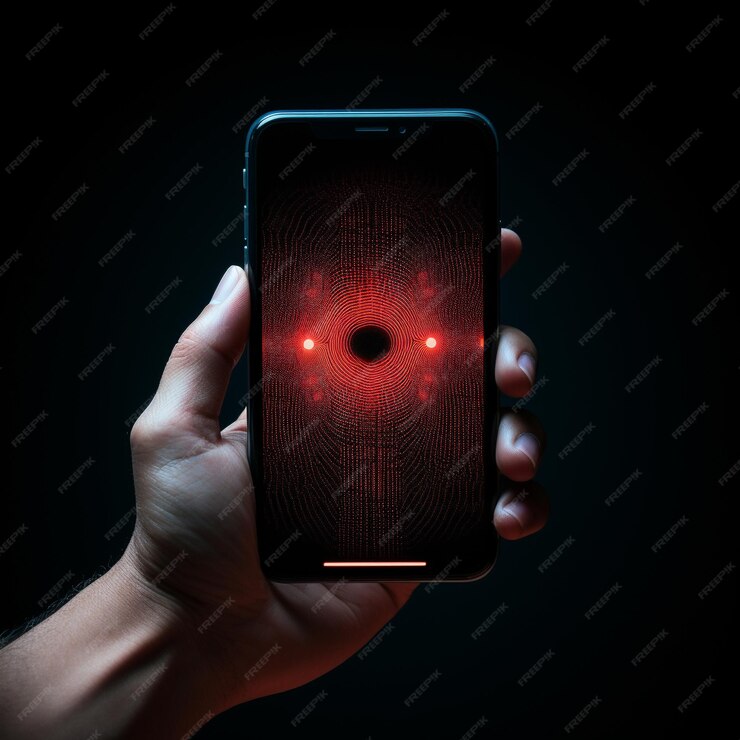- Introduction
- What is spyware?
- Why is spyware a threat?
- Introduction to the Apple iPhone.
- Understanding Spyware
- Rise of Spyware Threats
- Growing concerns in the digital age.
- Examples of spyware attacks.
- Apple’s Security Measures
- Overview of Apple’s approach to security.
- Built-in security features on iPhones.
- Recent Spyware Incidents
- There are notable instances of spyware targeting iPhones.
- Impact on user privacy and security.
- Detection and Prevention
- Methods to detect spyware on iPhones.
- Tips for preventing spyware attacks.
- Legal and Ethical Implications
- Legalities surrounding spyware use.
- Ethical considerations in combating spyware.
- User Awareness and Education
- Importance of educating users about spyware.
- How to stay informed and protect oneself.
- The Role of Tech Communities
- Collaboration in addressing spyware threats.
- Sharing resources and best practices.
- Future Trends and Challenges
- Predictions for the future of spyware.
- Challenges in combating evolving threats.
- Conclusion
- recap of spyware risks for iPhone users.
- Call to action for vigilance and security measures.
- FAQs
- What is spyware and how does it differ from viruses?
- Can spyware be installed remotely on an iPhone?
- Are there any warning signs that my iPhone may have spyware?
- Does Apple provide support for spyware removal?
- How often should I update my iPhone’s security settings?
Understanding the Threat of Spyware on Apple’s iPhone
Spyware has become a pervasive and insidious threat in today’s digital landscape, posing significant risks to personal privacy and security. With the widespread use of smartphones like the Apple iPhone, the potential for spyware attacks has escalated, making it crucial for users to understand the nature of this threat and take proactive measures to safeguard their devices.
Understanding Spyware
Spyware encompasses a range of malicious software designed to infiltrate and monitor electronic devices without the user’s consent. It can take various forms, including adware, keyloggers, and tracking cookies, each with its own nefarious objectives. Once installed on a device, spyware can collect sensitive information, such as keystrokes, browsing history, and personal data, which can then be exploited for illicit purposes.
Rise of Spyware Threats
In recent years, the proliferation of spyware attacks has raised serious concerns among cybersecurity experts and users alike. These attacks are often carried out through deceptive means, such as phishing emails or malicious websites, exploiting vulnerabilities in software to gain unauthorized access to devices. Once installed, spyware operates discreetly in the background, making it challenging for users to detect its presence until significant damage has been done.
Apple’s Security Measures
Despite the growing threat of spyware, Apple has long been praised for its robust approach to security, implementing stringent measures to protect its users’ privacy. iPhones are equipped with advanced security features, including encrypted messaging, biometric authentication, and app sandboxing, which help mitigate the risk of spyware infiltration. Additionally, Apple regularly releases software updates to patch known vulnerabilities and enhance the overall security of its devices.
Recent Spyware Incidents
However, even with Apple’s security measures in place, no device is entirely immune to spyware attacks. In recent years, there have been several high-profile incidents where spyware has targeted iPhones, exploiting previously unknown vulnerabilities to compromise user data. One such example is the infamous Pegasus spyware, developed by the NSO Group, which was used to surveil journalists, activists, and political dissidents around the world, highlighting the real and present danger posed by sophisticated spyware threats.
Detection and Prevention
Detecting spyware on an iPhone can be challenging due to its stealthy nature, but there are steps users can take to minimize their exposure. Regularly updating the device’s software, avoiding suspicious links and downloads, and using reputable antivirus software can help mitigate the threat of spyware infiltration. Additionally, being vigilant for any unusual behavior on the device, such as sudden battery drain or unexplained data usage, can signal the presence of spyware.
Legal and Ethical Implications
The use of spyware raises significant legal and ethical questions regarding user privacy and surveillance. While some forms of spyware may be used for legitimate purposes, such as parental monitoring or employee oversight, the indiscriminate use of spyware for malicious intent is a clear violation of privacy rights. Governments and regulatory bodies are increasingly scrutinizing the use of spyware, imposing strict regulations to curb its proliferation and hold perpetrators accountable.
User Awareness and Education
In combating the threat of spyware, user awareness and education play a crucial role. By educating users about the risks of spyware and providing them with tools and resources to protect themselves, tech companies and cybersecurity experts can empower individuals to safeguard their digital identities. This includes raising awareness about common attack vectors, promoting good cybersecurity practices, and encouraging users to report suspicious activity to relevant authorities.
The Role of Tech Communities
Furthermore, collaboration within the tech community is essential to addressing the evolving threat landscape posed by spyware. By sharing information and best practices, researchers and cybersecurity professionals can stay ahead of emerging threats and develop effective countermeasures to mitigate their impact. Open-source initiatives and collaborative platforms provide valuable forums for collaboration, enabling stakeholders to pool their expertise and resources in the fight against spyware.

Future Trends and Challenges
Looking ahead, the battle against spyware is likely to intensify as cybercriminals continue to exploit vulnerabilities in technology for their own gain. The proliferation of IoT devices and the increasing interconnectedness of digital ecosystems present new opportunities for spyware infiltration, posing challenges for traditional security measures. To stay ahead of these threats, it is essential for individuals, organizations, and policymakers to remain vigilant, adapt to evolving tactics, and invest in innovative security solutions.
Conclusion
In conclusion, spyware represents a significant and evolving threat to the security and privacy of iPhone users. While Apple has implemented robust security measures to mitigate this risk, no device is entirely immune to spyware attacks. By understanding the nature of the threat, staying informed about emerging risks, and implementing proactive security measures, users can better protect themselves against the perils of spyware infiltration.
FAQs
- What is spyware and how does it differ from viruses?
- Spyware is malicious software designed to infiltrate and monitor devices without the user’s consent, whereas viruses are self-replicating programs that infect files and software.
- Can spyware be installed remotely on an iPhone?
- Yes, spyware can be installed remotely on iPhones through various means, such as phishing attacks or exploiting software vulnerabilities.
- Are there any warning signs that my iPhone may have spyware?
- Warning signs of spyware infiltration include sudden battery drain, unusual data usage, and unexplained changes in device behavior.
- Does Apple provide support for spyware removal?
- Apple offers guidance and support for users dealing with security threats, including spyware, through its customer support channels and online resources.
- How often should I update my iPhone’s security settings?
- It is recommended to regularly update your iPhone’s software and security settings to ensure you have the latest protections against known vulnerabilities.

